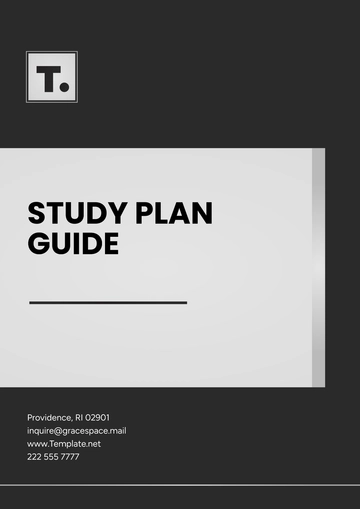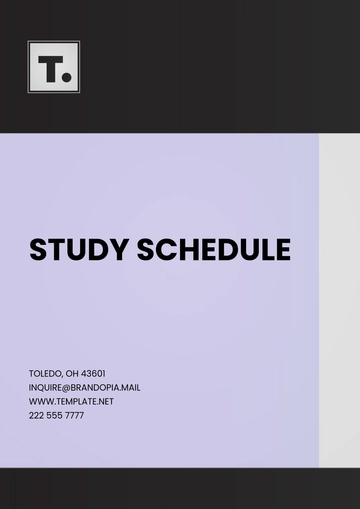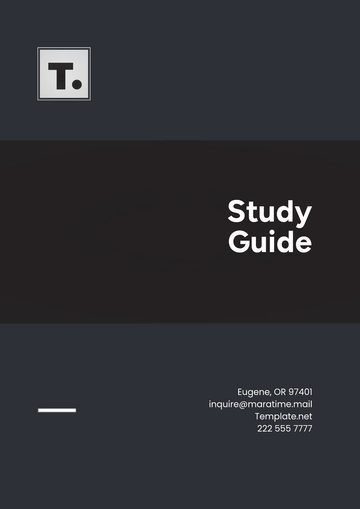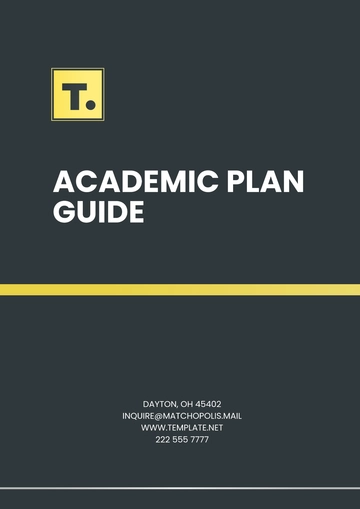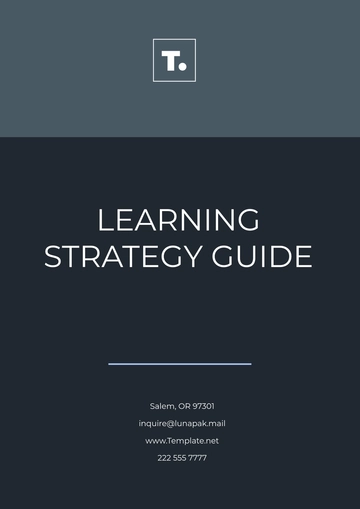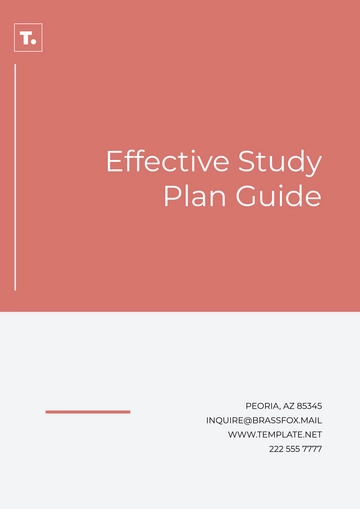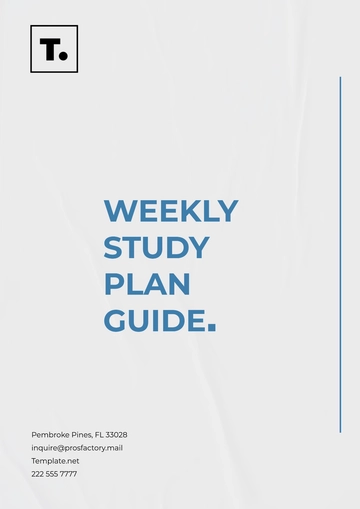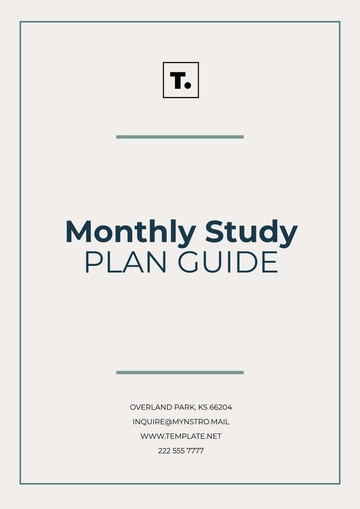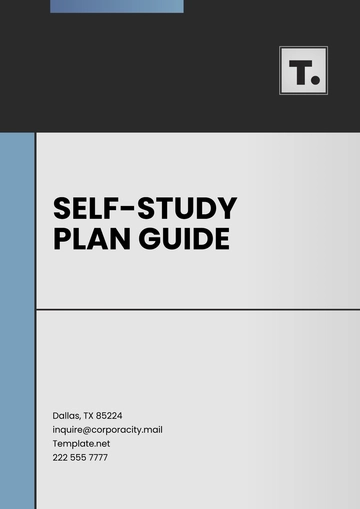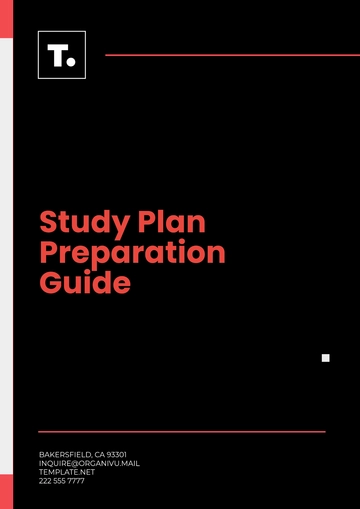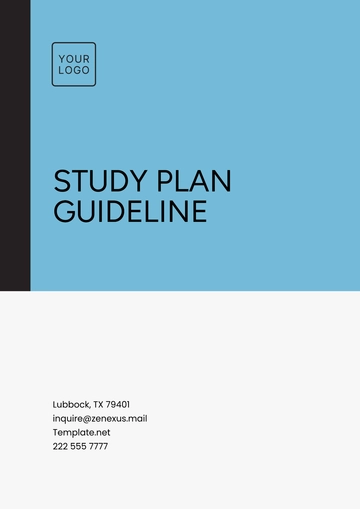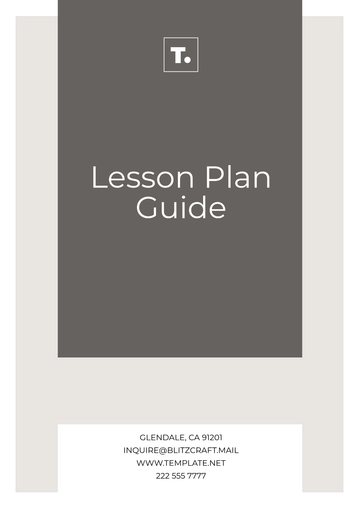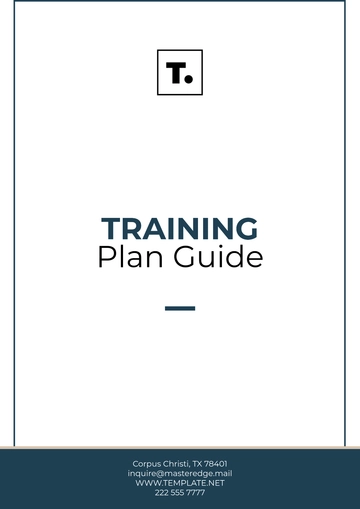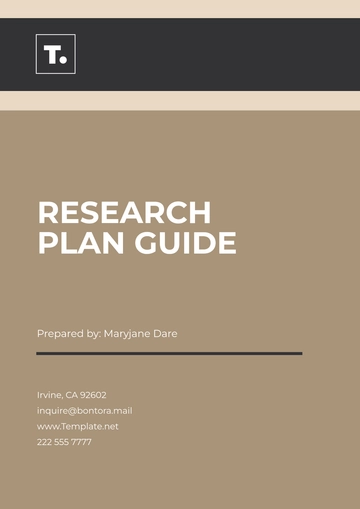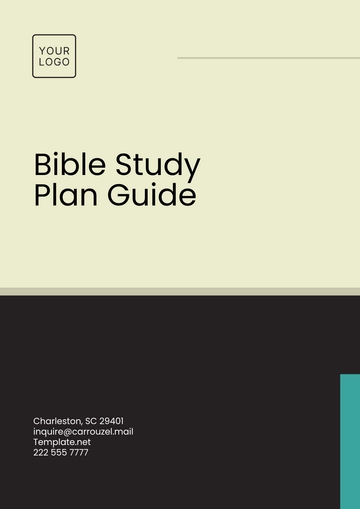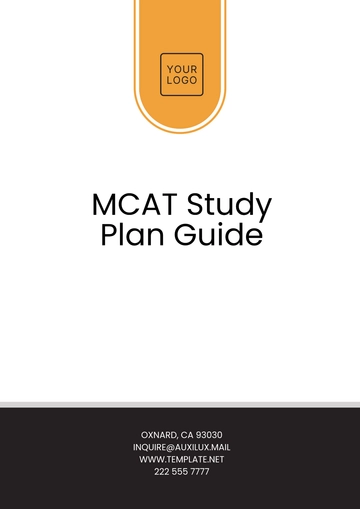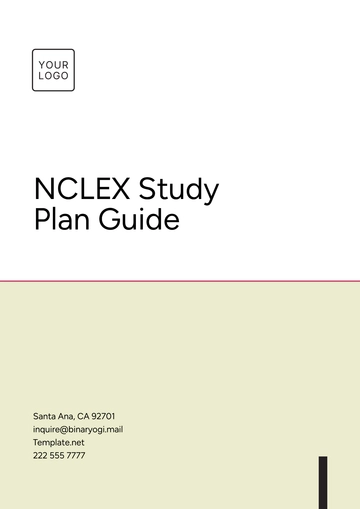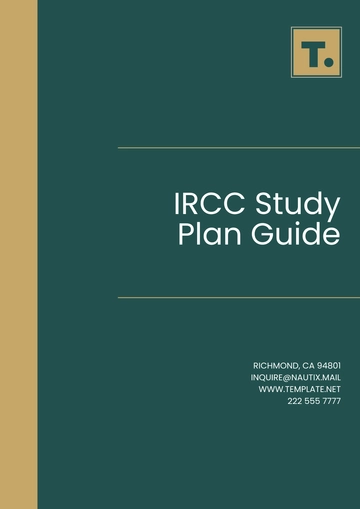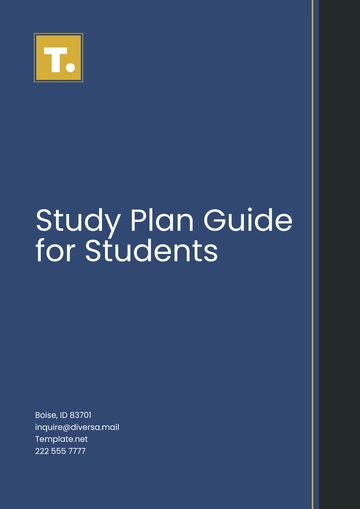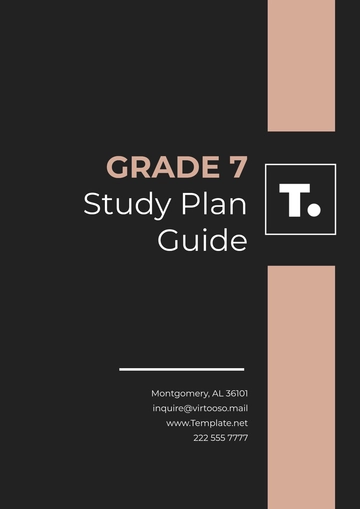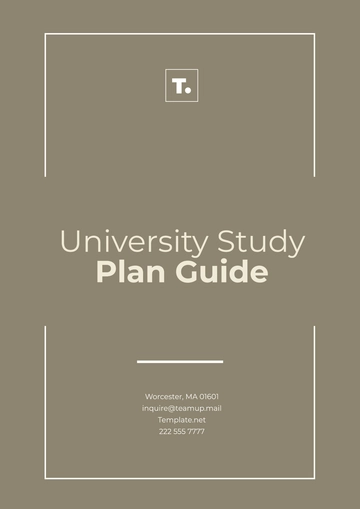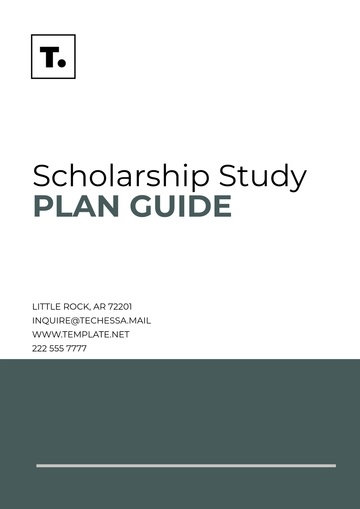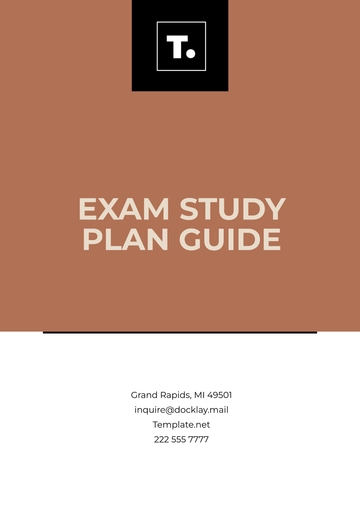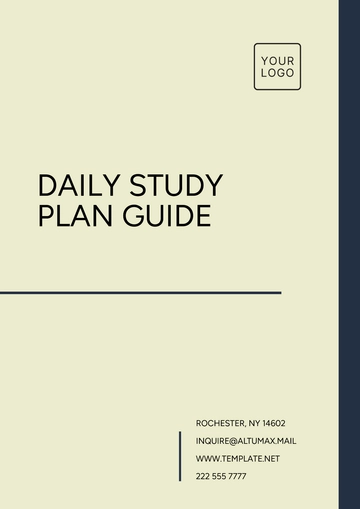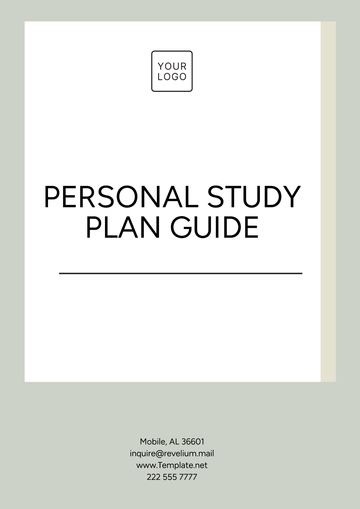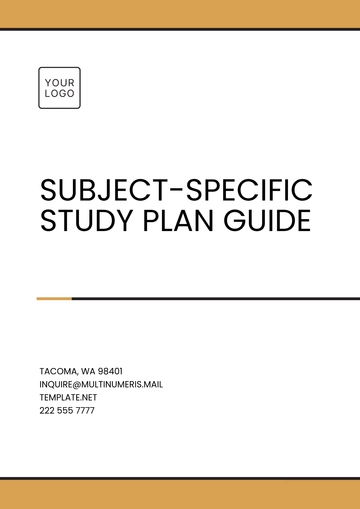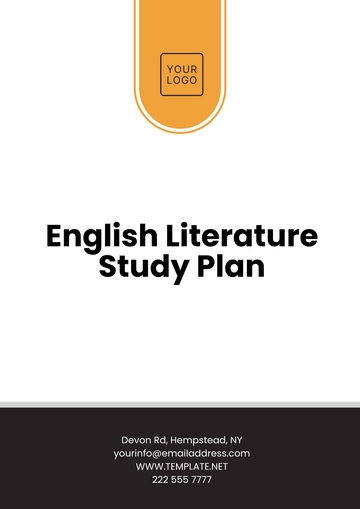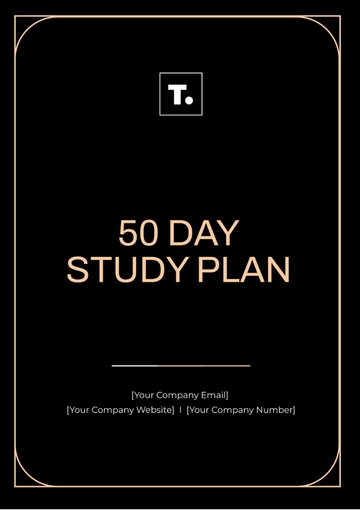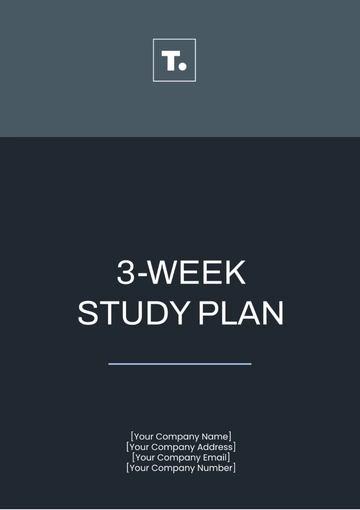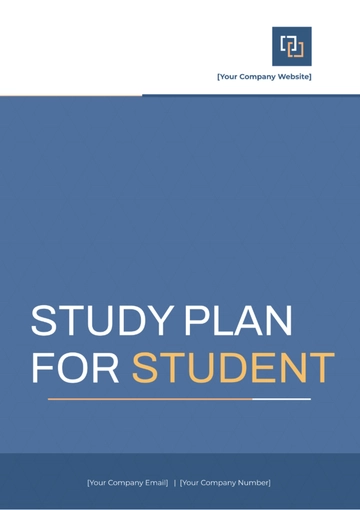Free English Literature Study Plan
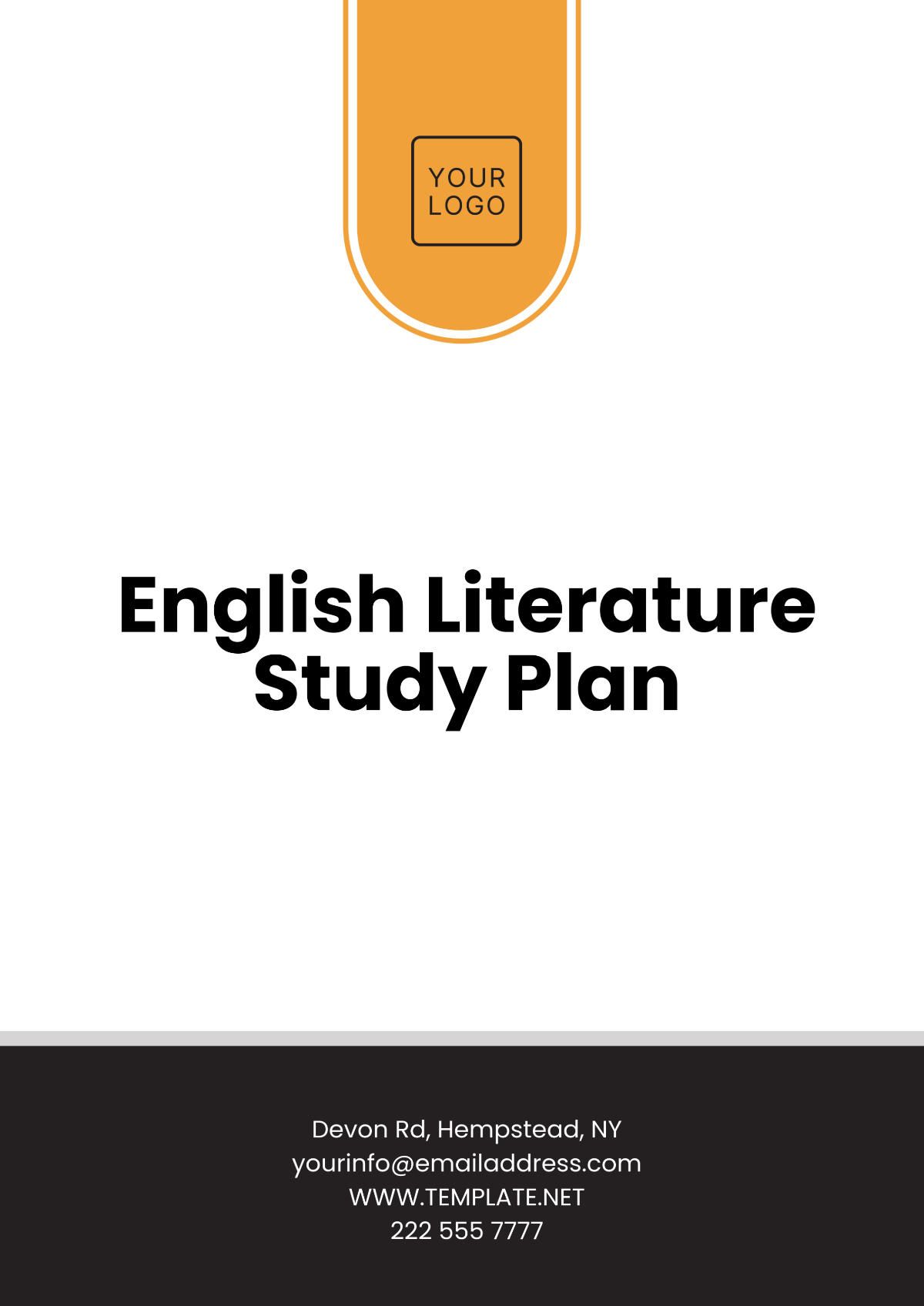
Objective
The primary objective of this study plan is to provide a structured and comprehensive approach to mastering English Literature. This plan will cover various literary periods, key authors, essential texts, and critical analysis techniques, enabling students to develop a deep understanding and appreciation of English Literature.
Study Timeline
Week | Focus Area | Primary Texts | Activities |
|---|---|---|---|
Week 1-2 | Introduction to English Literature | General Overviews | Reading, Lectures |
Week3-4 | Medieval Literature | "Beowulf", "The Canterbury Tales." | Text Analysis, Discussions |
Week5-6 | Renaissance & Elizabethan Era | Shakespeare's Plays, Sonnets | Performance, Critical Essays |
Week7-8 | 17th & 18th Century Literature | Milton, Swift, Pope | Concept Mapping, Group Projects |
Week9-10 | Romantic Period | Poetry of Wordsworth, Coleridge, and Keats | Writing Workshops, Poetry Recitals |
Week11-12 | Victorian Literature | Novels by Dickens, Brontë, Eliot | Character Analysis, Book Clubs |
Week13-14 | 20th Century Literature | Works by Woolf, Joyce, Orwell | Film Adaptations, Modern criticism |
Weekly Study Components
Reading Assignments
Select and read assigned texts each week, focusing on both primary and secondary literature to gain diverse perspectives.
Lectures and Discussions
Attend weekly lectures and participate in discussions to engage with material in a dynamic setting and clarify complex themes.
Critical Writing
Complete weekly essays and reflections aimed at developing analytical skills and articulating interpretations and critiques of texts.
Group Studies and Seminars
Participate in group studies to foster collaboration and debate, and attend seminars for in-depth exploration of literary topics.
Core Learning Objectives
Develop a comprehensive understanding of different literary periods and movements.
Analyze texts using critical theories and frameworks relevant to English literature.
Enhance the ability to discuss and critique literary works both verbally and in writing.
Build an appreciation for the historical and cultural contexts that influence literature.
- 100% Customizable, free editor
- Access 1 Million+ Templates, photo’s & graphics
- Download or share as a template
- Click and replace photos, graphics, text, backgrounds
- Resize, crop, AI write & more
- Access advanced editor
The English Literature Study Plan Template, offered by Template.net, is a customizable and downloadable tool designed to help you organize your study schedule effectively. This template is fully editable in our AI Editor Tool, allowing you to tailor it to your specific needs. It's also printable, making it easy to take your study plan anywhere. Maximize your learning efficiency with this versatile and user-friendly template!
